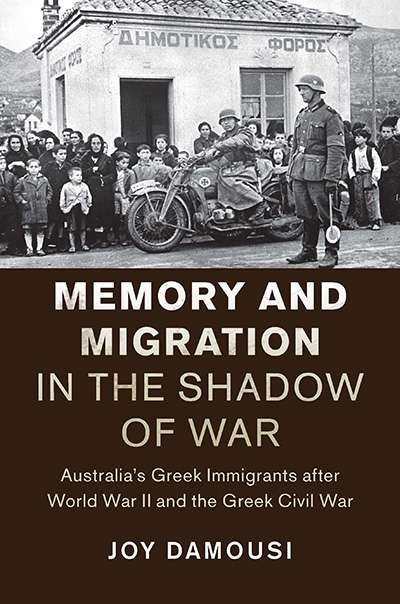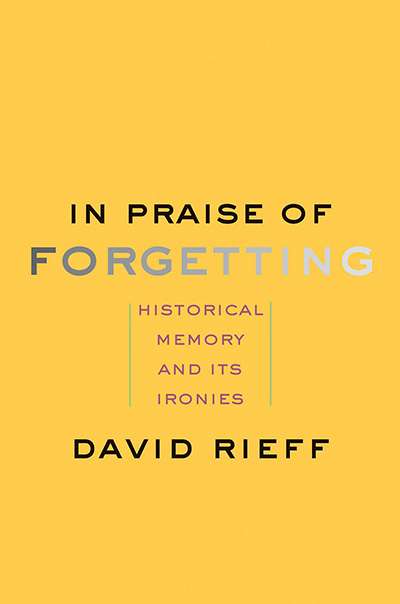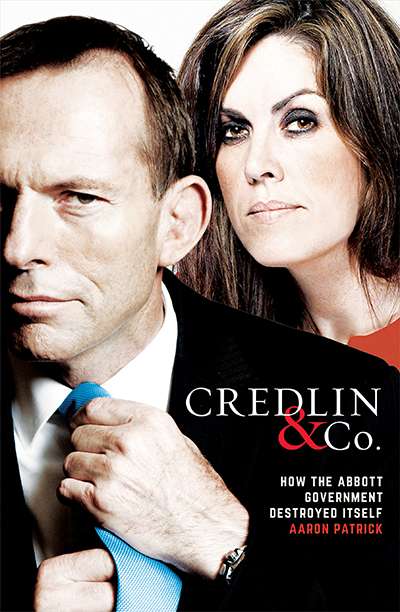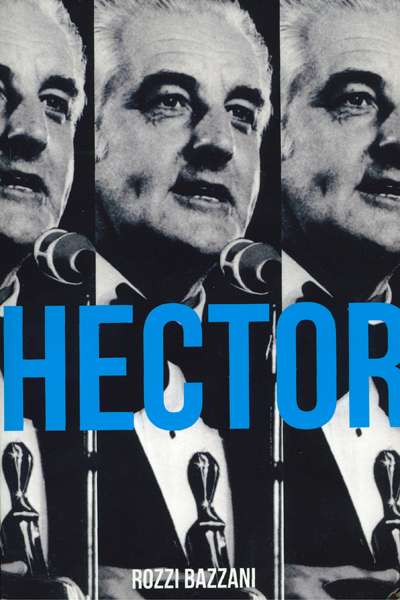Non Fiction
ink in Her Veins: The troubled life of Aileen Palmer by Sylvia Martin
In her new biography, Sylvia Martin tells us that Aileen Palmer wanted to be remembered as a poet. Until now, she has been best known as the elder daughter of Vance ...
... (read more)Memory and Migration in the Shadow of War: Australia's Greek immigrants after World War II and the Greek Civil War by Joy Damousi
When we talk about the importance of Australia's remembered wartime past, we mostly think of home-front experiences or Australians who went away ...
... (read more)Stalin's Daughter: The extraordinary and tumultuous life of Svetlana Alliluyeva by Rosemary Sullivan
Nobody would have expected an ordinary life for Stalin's only daughter, but Svetlana's life was extraordinary beyond any expectations. Her mother killed herself in 1932 ...
... (read more)We must all die, but many of us live as though we don't know this fact. When death comes close to us or our loved ones, we may feel totally unprepared ...
... (read more)In Praise of Forgetting: Historical memory and its ironies by David Rieff
Over the past three decades, and particularly since the prime ministership of John Howard, there has been an extraordinary growth in the number of ...
... (read more)Credlin & Co by Aaron Patrick & The Road to Ruin by Niki Savva
In August 2014, then Prime Minister Tony Abbott gave a short speech disagreeing with the contention put forward in Triumph and Demise: The Broken Promise ...
... (read more)Places Women Make: Unearthing the Contribution of Women to Our Cities by Jane Jose
In Places Women Make, Jane Jose writes that she is ‘not proving a theory about the skills of men versus those of women’, but celebrating ‘the places in cities we know women have given us’.
Jose moves with sometimes disorienting rapidity from place to place, from female lord mayor to colonial matron to feisty 1970s female activist. We learn that the female perspective is ...
When Take Me to Paris, Johnny was first published in 1993, the AIDS crisis seemed to be at its worst. Many of us had friends and acquaintances who were dying. One began to notice men who, thin and haggard, one feared were suffering from AIDS (women victims being relatively few in number). There was no sign of the drug therapies that would, towards the end o ...
A Little America in Western Australia: The US Naval Communication Station at North West Cape and the Founding of Exmouth by Anthony J. Barker and Michael L. Ondaatje
Visiting Australia in November 2011, President Obama announced plans for the deployment of United States marines to a Darwin base. The decision to establish a permanent American military presence in northern Australia, taken with the support of Prime Minister Julia Gillard and the Australian government, was part of the 'pivot' to Asia in US defence policy. The idea ...
Hector Crawford is a unique figure in the history of Australian radio and television. The Australian Dictionary of Biography article (also by the author of this book) describes him as 'television producer, media lobbyist and musician', to which could be added radio producer, showman, and entrepreneur. Above all, he was a persistent and canny advocate of Aus ...








